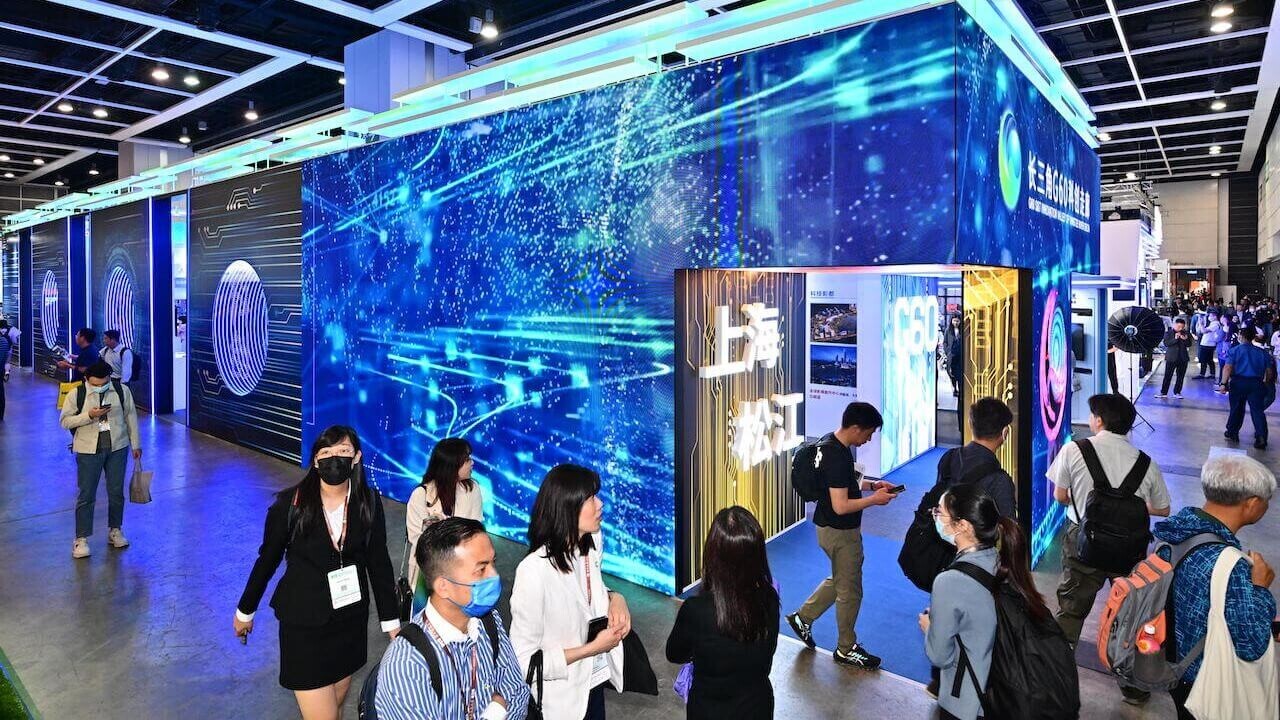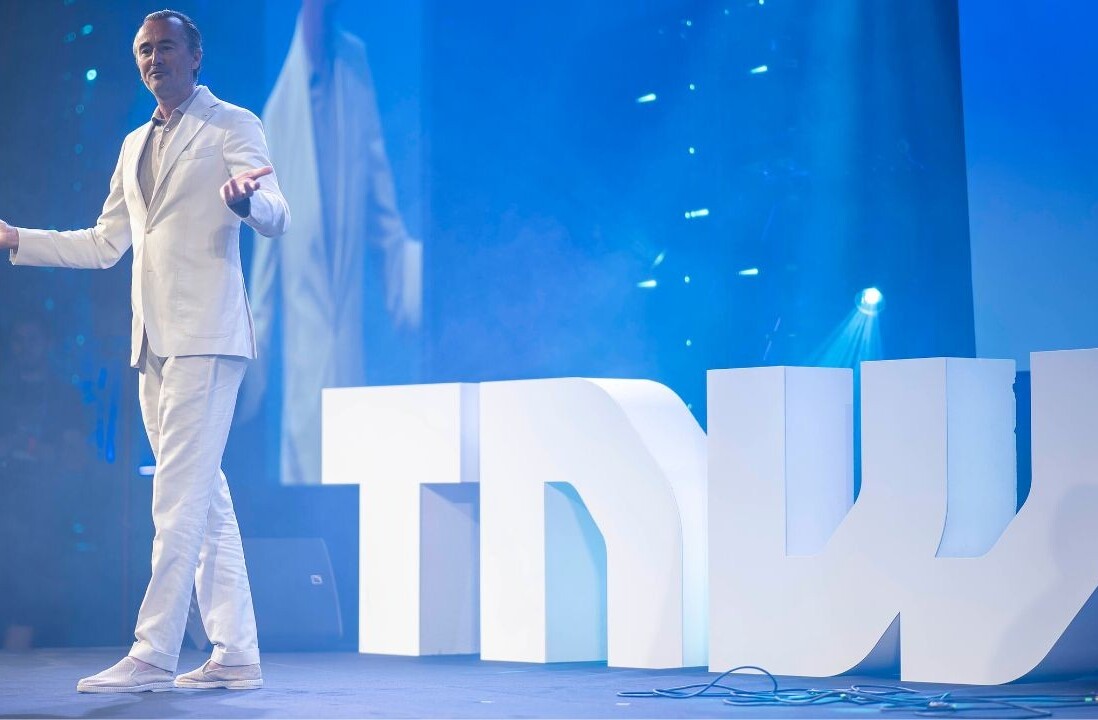
The World Bank estimates that by 2050 the global urban population will double in size, putting ever-increasing pressure on city streets, housing markets, infrastructure, government services, and the environment. Luckily, over the last few years, advancements in the fields of AI, IoT, robotics, and the ongoing deployment of 5G have made the timing ripe for new technological solutions to come to the rescue. In 2023, the global smart cities market was valued at $748.7 billion and is projected to grow at a compound annual growth rate (CAGR) of 25.8% from 2023 to 2030.
These new solutions are set to reshape our urban environments into the glittering “smart cities” that exist in our imaginations — but what will that actually mean in practice?
While we may not be able to predict the future, one place that could give us a glimpse into what’s to come is the Hong Kong Convention and Exhibition Centre which is set to host this year’s HKTDC InnoEX and Hong Kong Electronics Fair (Spring Edition) on 13-16 April 2024.
These two fairs serve as a global platform for thousands of exhibitors to present the latest in cutting-edge technology and electronics attracting over 80,000 buyers from around 21 countries and regions, making it a meeting point for tech companies, policymakers, academics, and users to discover and exchange ideas.
TNW caught up with some of this year’s participants hailing from Hong Kong to Paris to get their take on the biggest trends set to hit the smart city market in the coming years.
The rise of AI and assessing global solutions for local challenges
As a Founder and President of the Smart City Consortium, a platform of corporates, academics, professionals, and government officials, Gary Yeung has had a keen focus on the trends and technologies shaping the smart city market over the past decade. He believes one technology in particular is set to become a catalyst for the next evolution in smart cities.
This is the year of AI. No matter what theme we’re talking about, it’ll be related to AI development. Last year, we talked a little bit about AI usage but now I can see more and more practical applications and soft landings across different industries.
This technology will support the whole smart city development. As IoT devices collect Big Data, it’s AI that allows us to extract answers and develop new applications. It’s these new applications that will define smart city development and also provide huge opportunities to different industries.
However, while innovation can bring great things, it also needs to be honed towards responsible applications. That’s why for Yeung, the true definition of a smart city is the use of technology to solve sustainable development goals:
Technology is a means for us to do things more efficiently but we need to have more efficient energy solutions to support us, whether it’s electric or hydrogen. New innovations require more energy, so we need more efficient data centres, for example, to power them. But we can’t just put the responsibility on governments, we also need social impact solutions.

The Smart City Consortium will be hosting a pavilion at HKTDC this year to discuss the biggest challenges smart cities need to tackle, exchange ideas, and promote local businesses.
“HKTDC brings together different government officials from all over the world and we can exchange ideas and also learn more about the situation in each city so that our vendors can consider which areas are best for possible expansion. It gives us a cost-effective way to learn things and explore new markets,” Yeung says.
New opportunities for innovation in France’s green mobility push
This year France will also be hosting a pavilion at InnoEX where over 30 French companies will come together with influential tech experts, entrepreneurs, thought leaders, and investors to discuss collaborations, share upcoming trends, and exchange insights into future opportunities.
This is part of the country’s 10-year relationship with HKTDC which has seen various collaborations and exchanges in smart city development. Most recently, HKTDC Research met with stakeholders across Paris, Nantes, and Lille to learn more about the regulations and initiatives helping push forward France’s green mobility development.

In 2019, the country set an ambitious target to achieve carbon neutrality for land transport by 2050 including introducing new regulations to reduce transportation emissions and allocating €2 billion in funding for its Plan Vélo, aimed at doubling the nation’s cycle lane network to 100,000 kilometres by 2030.
For Yves le Reun, VP of Sales and Marketing at SuperTooth, this has caused a major shift in the market but also new opportunities for innovation. The company’s original product line was focused on providing hands-free Bluetooth devices for cars so commuters could take calls while respecting regulations on the use of cell phones while driving. But with more and more commuters trading in cars for bicycles, they needed to consider what users will need in the new future of urban mobility.
Their new product is an open-ear Bluetooth headphone. As with driving, regulations have banned cyclists from using phones while in motion and more and more local regulations are banning the use of in-ear headphones to prevent accidents.
What’s unique about SuperTooth’s system is that it’s “open ear,” meaning it can be mounted onto cyclists’ helmets keeping them alert to noises coming from their surrounding environment but allowing them to still take calls, receive notifications, and listen to music.

“This is something completely new on the market, there’s not a category for it yet, so it’s not something people are aware of or know to search for,” le Reun says.
He and his team have been coming to HKTDC since 1996 and will be back again this year to showcase their new product.
We know that lots of buyers from Europe and other parts of the world are going to the show looking for something new. We’ve decided to come back because we believe the show can help us find possible candidates for distribution across the world.
Innovations for a smarter world
Want to be part of the conversation? This year InnoEX’s theme will be “Innovations for a Smarter World” bringing together I&T sectors from across the globe.
Meanwhile, the larger HKTDC electronics fair hosts several thematic zones including the Tech Hall and Start-up Zone showcasing cutting-edge technologies and up-and-coming smart city players.
You can sign up for free for both HKTDC and InnoEX taking place on 13-16 April 2024 here
Get the TNW newsletter
Get the most important tech news in your inbox each week.






